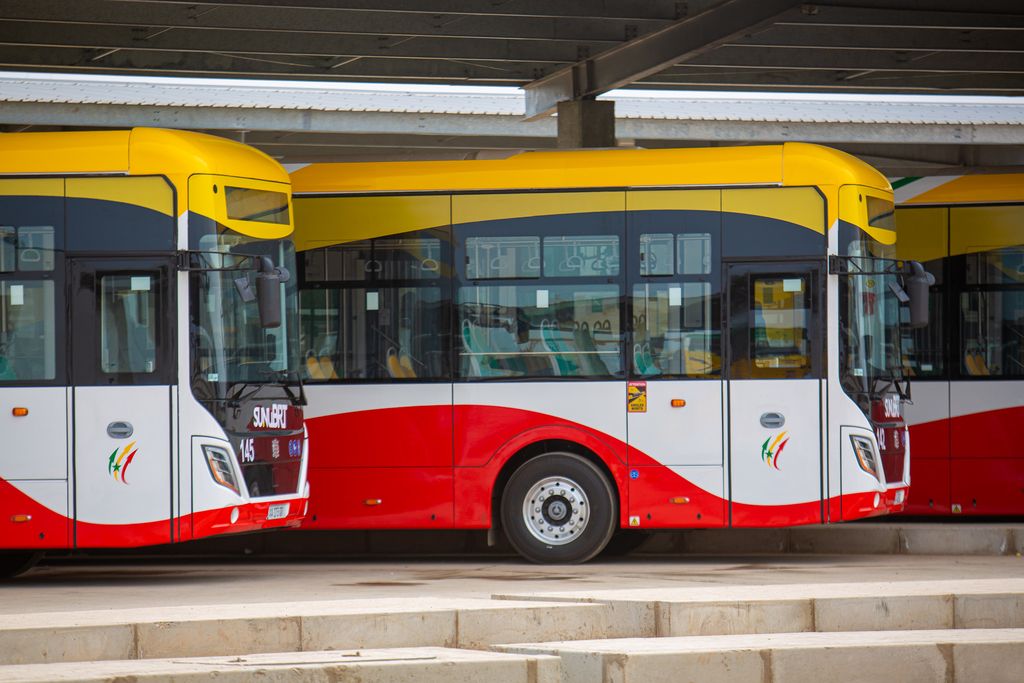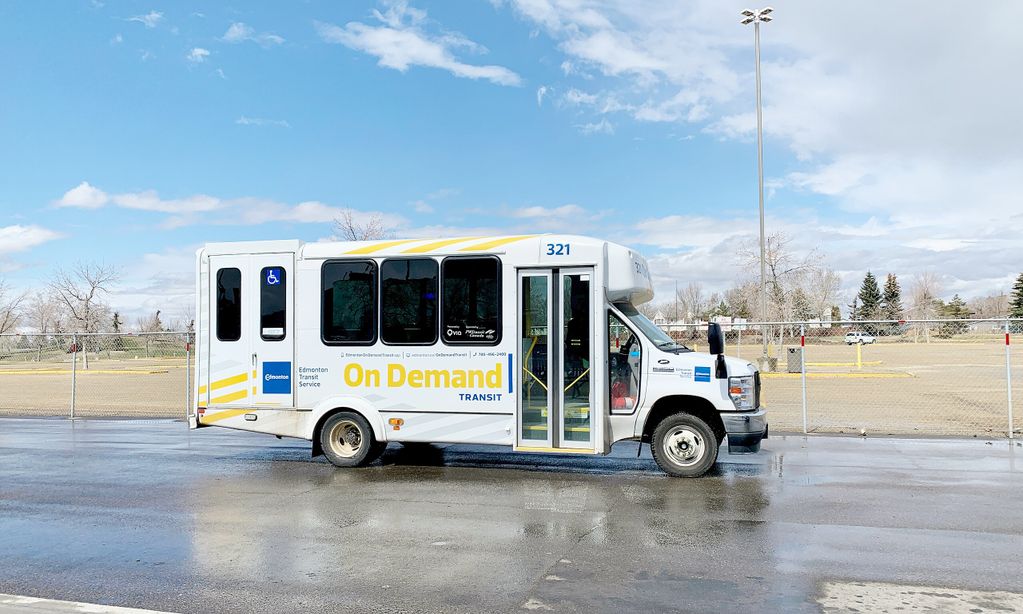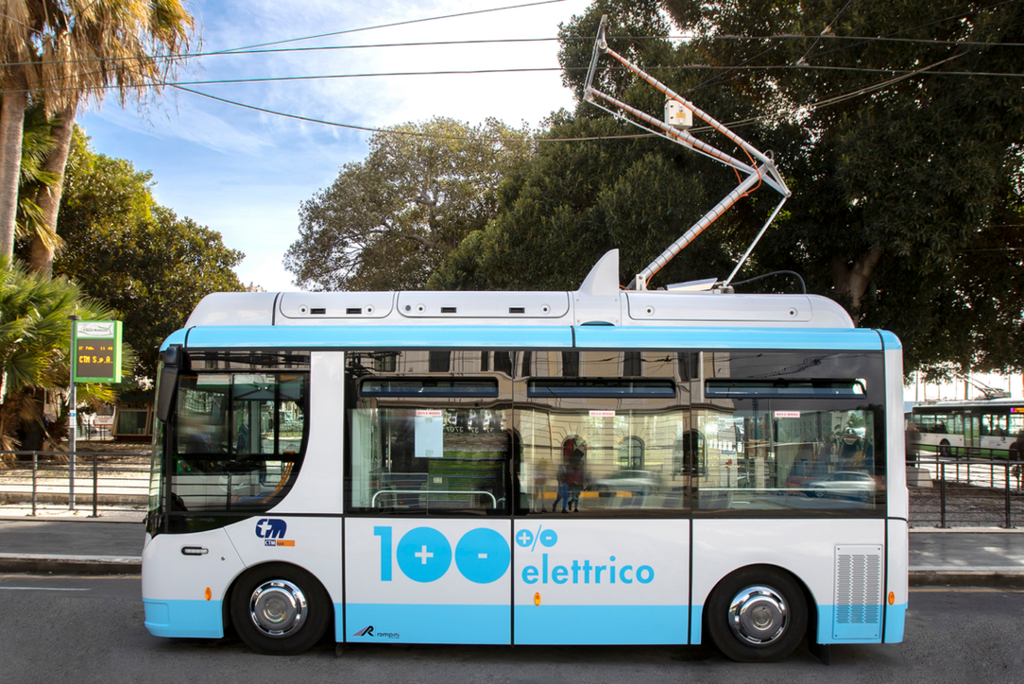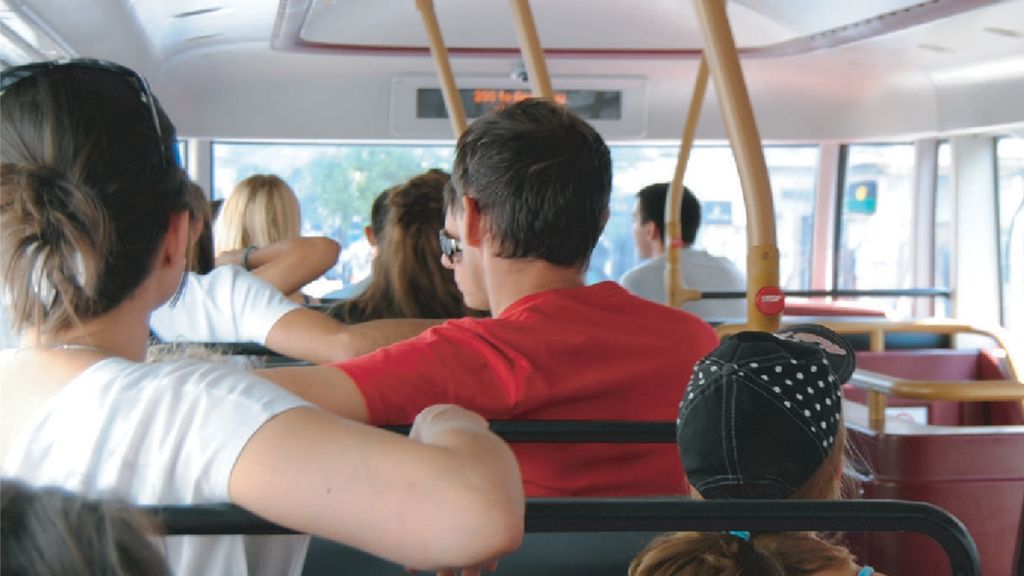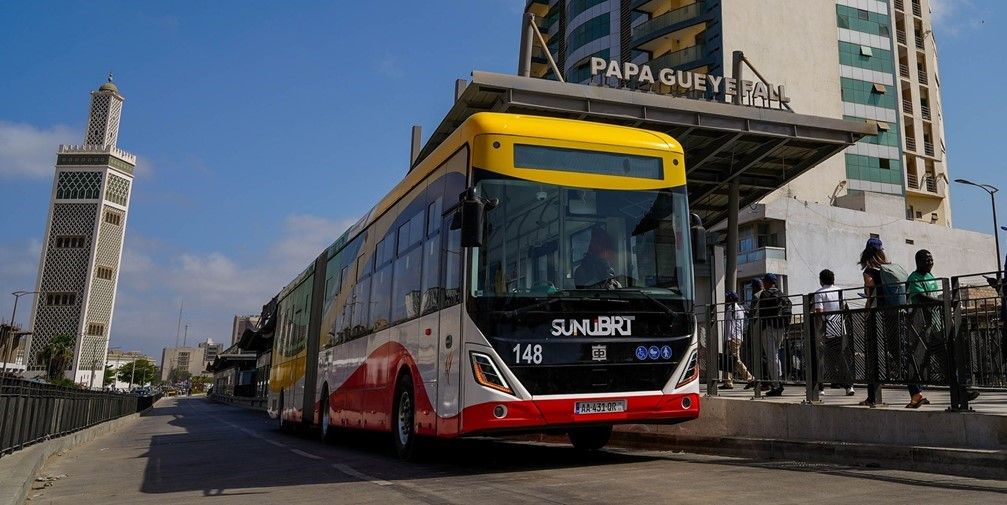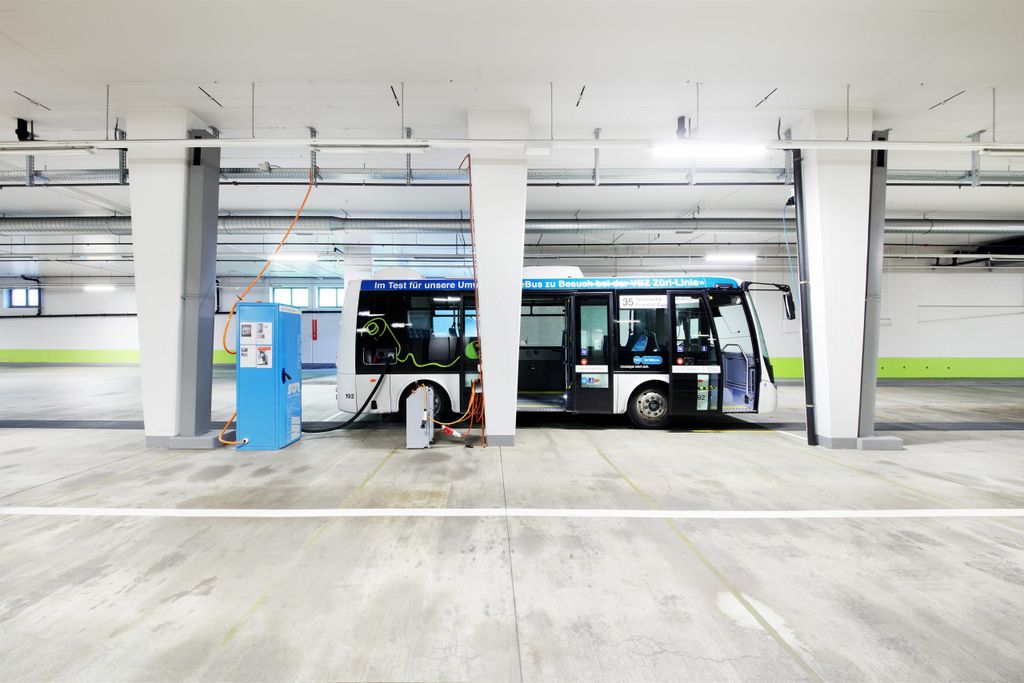
A guide to cleaner cities: UITP publishes update of Bus Tender Structure Report
Introduction
The European bus market is changing rapidly. With recent regulations on clean air, local pollutants and city noise, the momentum for clean vehicles is ever growing, with the electrification of public transport being considered a core solution to healthier and more sustainable cities.
When it comes to clean bus technologies, UITP has always been a proud frontrunner in promoting electric mobility, witnessed by our key involvement in EU-funded initiatives such as ZeEUS, ASSUREDand the EC Clean Bus Europe Platform. UITP and EU-project publications and tools such as the EBSF Design Charter, the ZeEUS e-Bus Report#2, and the ASSURED 1.0 Interoperability Reference have long provided the sector with knowledge and guidance on electric mobility.
Now, to further support the uptake of electric buses, UITP has released the third edition of its Bus Tender Structure Report (TSD version 3.1). First published in 2005, the report has become an important reference document serving as a decision support tool for the entire bus sector on the tendering of electric buses.
Led by the UITP Bus Committee together with the Vehicles and Equipment Industry Committee and the Public Transport Authority Committee, the guide gathers the experience and knowledge of PTOs, PTAs and OEMs alike.
The Bus Tender Structure Report Update
The new TSD includes an update of the existing basis document, a new chapter on e-mobility, and a new Annex on a standardised way for climate and thermal comfort requirements. Like the other versions, the report contains a comprehensive Annex IV with the Environmental Calculation Tool for the calculation of Fuel Consumption, CO2 and regulated pollutants for 15 different bus propulsion energies.
The writing team joins forces of AMB, VOLVO, TfgM, Transdev, Daimler Buses and UITP. We spoke to Montse Ferre Avellaneda, Civil Engineer at AMB. For the report, AMB provided its perspective as a PTA much experienced in bus procurement and the implementation of e-mobility.

Q: At AMB, you work at the Department of Transportation – can you tell our readers a bit more about your work?
The Metropolitan Area of Barcelona (AMB) is responsible for the collective urban public transport on surface for the 36 metropolitan municipalities, including Barcelona. AMB is in charge of the provision of public transport services that cover approximately 70% of the metropolitan mobility. These services operate under different provision models involving public and private transport companies. Among other tasks, the Mobility, Transport and Sustainability Directorate of AMB, where I currently work, regulates and supervises the provision of bus services by private transport companies.
Q: Recently, the EC launched a number of regulations in favour of ‘clean buses’, like the Clean Vehicles Directive. Can you tell us a bit more about the reflection of CVD in Spain, and AMB’s activities to promote clean bus technologies in Barcelona?
First, it’s important to note that the Directive is not yet transposed into national law, so we don’t know yet how it will develop in the future. However, the government of our country has already promoted clean mobility with different initiatives such as the MOVALT programme, which provided grants for the acquisition of electric vehicles and the implementation of their infrastructure. But, these programmes are more focused for the renewal of light duty vehicles like cars, as the period of time given to implement and justify the measures taken is usually shorter than necessary for the acquisition of buses and their infrastructure.
On the other hand, even if the Directive will only apply to contracts with an awarding procedure that starts after 2 August 2021, AMB is already working towards the scenarios defined in the new Directive, thus adapting its bus fleet renewal plans to the new requirements. Therefore, at present we target a minimum percentage of 45% of clean vehicles in our new transport contracts, mainly through the acquisition of fully electric and plug-hybrid vehicles. Furthermore, through AMB-owned public company TMB, we’re testing other clean technologies such as hydrogen buses.
Speaking about numbers, AMB’s fleet is around 1.854 vehicles: the public operator has 1.140 buses and the privates 714. The lifetime of buses varies between 10 and 15 years. The number of buses that we are buying on overage is approximately between 150 and 180 buses yearly.
Q: How does AMB consult the market for new bus products?
One of our most important objectives is to offer to citizens public services with maximum quality and efficiency, and transforming cities in more livable and resilient places. To achieve this, we have to be up to date on latest developments and technological advances. For this reason we selectively visit fairs like Busworld, attend specialised congresses such as the UITP GPTS or the Smart City Conferences, and we take courses. Nevertheless, sometimes it is difficult to attend everything, so we share information with colleagues and keep in touch with national and international experts. Currently, we are taking advantage of support tools like webinars because of the Coronavirus situation.
One of our most important objectives is to offer to citizens public services with maximum quality and efficiency, and transforming cities in more livable and resilient places
Q: In terms of the uptake of e-buses, what do you think are the most pressing challenges cities are facing today?
Nowadays we are finding that the best theoretical solution is not always feasible to carry out, mostly because the required space is simply not available. For example, AMB represents one of the largest metropolitan areas in Europe and occupies the 8th position in terms of population. So it’s hard work to find the optimum space to build the infrastructure required for e-bus implementation, especially when you develop a system based on opportunity charging.
To solve this problem you can choose a system based an overnight charging, but whether that is possible also depends on route characteristics, like the speed and length, the on-board equipment, like the capacity of the batteries, the use of air conditioned, etc. For reasons such as these it can be difficult for buses to operate all day long, especially in the hottest seasons of the year, so it could be necessary to combine different systems.
So, to choose the best electric bus solution requires an accurate planning and a detailed feasibility study combining all the factors involved, fulfilling the specific local and operational constraints.
Q: How you think the TSD report can support stakeholders in getting ready to deploy e-buses in their city?
The TSD is intended to be a useful guide for a small-scale or large-scale e-bus implementation. First, the report gives a schematic and ordered view about the necessary steps and the main issues to consider. Also it goes into detail about each step and different aspects. Finally, it can help the preparation of tender specifications of buses in order to take all the different aspects into consideration. To conclude, it can provide stakeholders with the confidence to immerse themselves into the new world of electric mobility.
The Bus Tender Structure 3.1 report and the Annex IV Calculation Tool are available on MyLibrary in English and Spanish (members only).
Non-UITP members who are interested in the report, please contact [email protected].
UITP organises an online course on electric buses from 8 to 26 June (divided over seven sessions). More info here!
Interested in hearing more about the bus sector? UITP’s India bus seminar will take place online, from 24-27 August. Learn more from operators and industry players in the region about topics from AI to planning and designing electric bus systems. Find out more here!
Membership benefits





